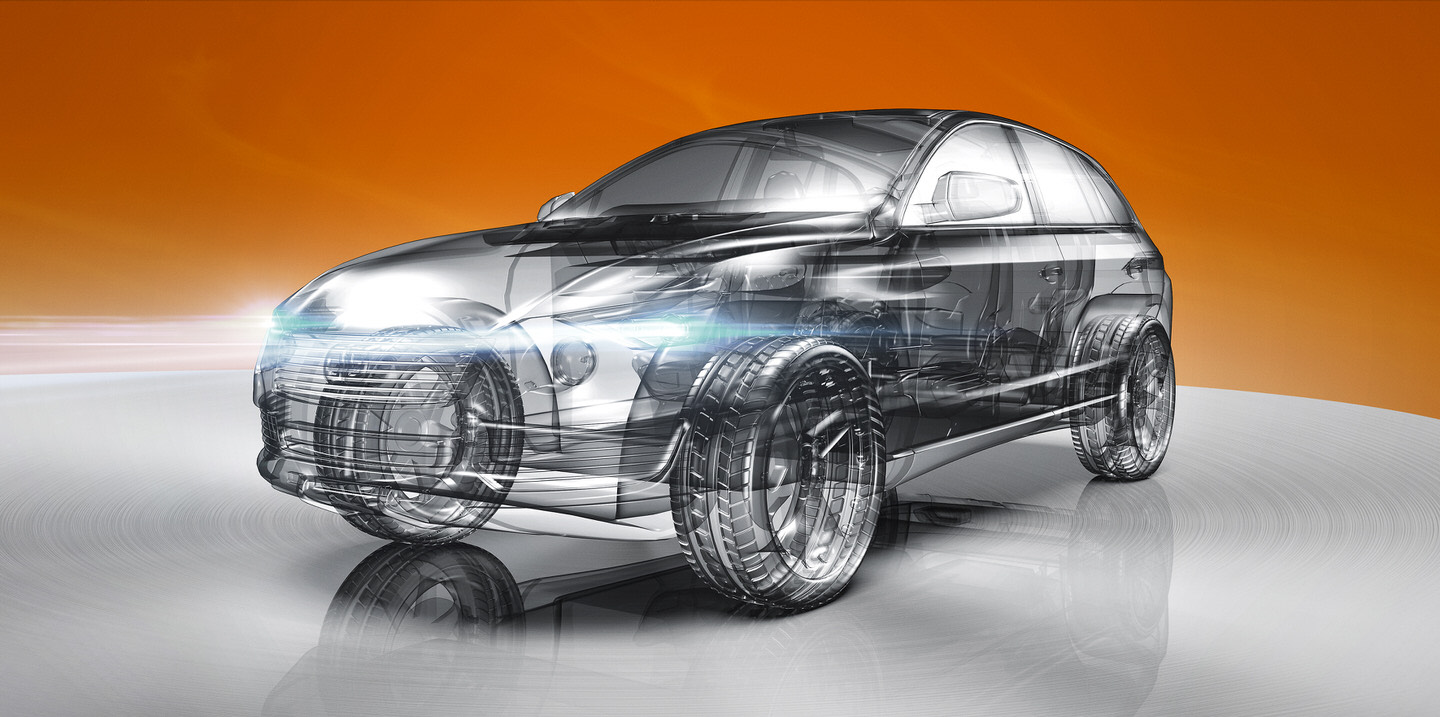In today’s fast-paced technological world, precision CNC machining plays a crucial role in various industries. It has revolutionized manufacturing processes by combining accuracy and efficiency, resulting in high-quality products and improved productivity. This article will delve into the concept of precision CNC machining, its benefits, and its applications.
CNC, which stands for Computer Numerical Control, involves the use of computerized systems to control machine tools. Precision CNC machining refers to the process of using computer-controlled machines to fabricate complex and intricate parts with utmost accuracy and precision. It relies on computer-aided design (CAD) software to generate a digital model of the desired part, which is then transformed into a set of instructions for the CNC machine to follow.
One of the primary advantages of precision CNC machining is its unmatched accuracy. Unlike manual machining methods, which are prone to human error, CNC machines can consistently produce parts with extremely tight tolerances. This level of precision allows for the creation of intricate designs and ensures that the final product meets the required specifications. Whether it\’s for aerospace, medical, automotive, or any other industry, precision is of utmost importance, and CNC machining delivers just that.
Efficiency is another key aspect of precision CNC machining. Once the initial setup is complete, CNC machines can operate autonomously, requiring minimal human intervention. This automation significantly reduces the time and effort required to produce complex parts. Additionally, CNC machines can work continuously without fatigue, resulting in faster production rates and improved overall efficiency. As a result, manufacturers can meet tight deadlines, reduce lead times, and increase their competitiveness in the market.
Moreover, precision CNC machining offers numerous cost-saving benefits. Since CNC machines operate with high precision, there is a minimal need for rework or scrap parts. This reduces material waste and lowers production costs. Furthermore, the automated nature of CNC machining eliminates the need for a large workforce, as a single operator can oversee multiple machines simultaneously. This reduces labor costs and boosts the overall profitability of manufacturing operations.
The applications of precision CNC machining are vast and diverse. In the aerospace industry, CNC machining is used to fabricate critical components such as turbine blades, engine parts, and aircraft structures. The medical sector relies on CNC machining to produce prosthetics, surgical instruments, and implants with exceptional precision. The automotive industry utilizes CNC machining for manufacturing engine components, transmission parts, and intricate automotive body parts. From electronics to defense, precision CNC machining finds its application in almost every industry that requires complex and accurate parts.

It is worth mentioning that the advancements in CNC technology have led to the emergence of multi-axis CNC machines. These machines can perform intricate operations on multiple sides of a part in a single setup. By reducing the number of setups required, multi-axis CNC machines further enhance the efficiency and accuracy of the machining process. This allows for the production of complex parts with intricate features that were previously unachievable.
In conclusion, precision CNC machining is a perfect blend of accuracy and efficiency. Its ability to consistently produce high-quality parts with tight tolerances revolutionizes the manufacturing industry. With reduced lead times, cost savings, and the capacity for intricate designs, CNC machining has become an indispensable tool in various sectors. As technology continues to advance, precision CNC machining will undoubtedly play an even more crucial role in shaping the future of manufacturing.
-

- Magnesium alloy thixomolding die-casting UAV parts
-

- OEM high pressure die casting magnesium alloy frame for bicycle
-

- High precision magnesium thixomolding components laptop housing cover A
-

- Custom-made die casting parts&comopnents for bicycle suspension fork for MTB
-

- Magnesium alloy rigid fork for bicycle -customized die casting metal parts
-

- Magnesium alloy die-casting wheel for ebike

 0086-750-5616188
0086-750-5616188 +86 13392089688
+86 13392089688 sales@zhongmei-tech.com
sales@zhongmei-tech.com







